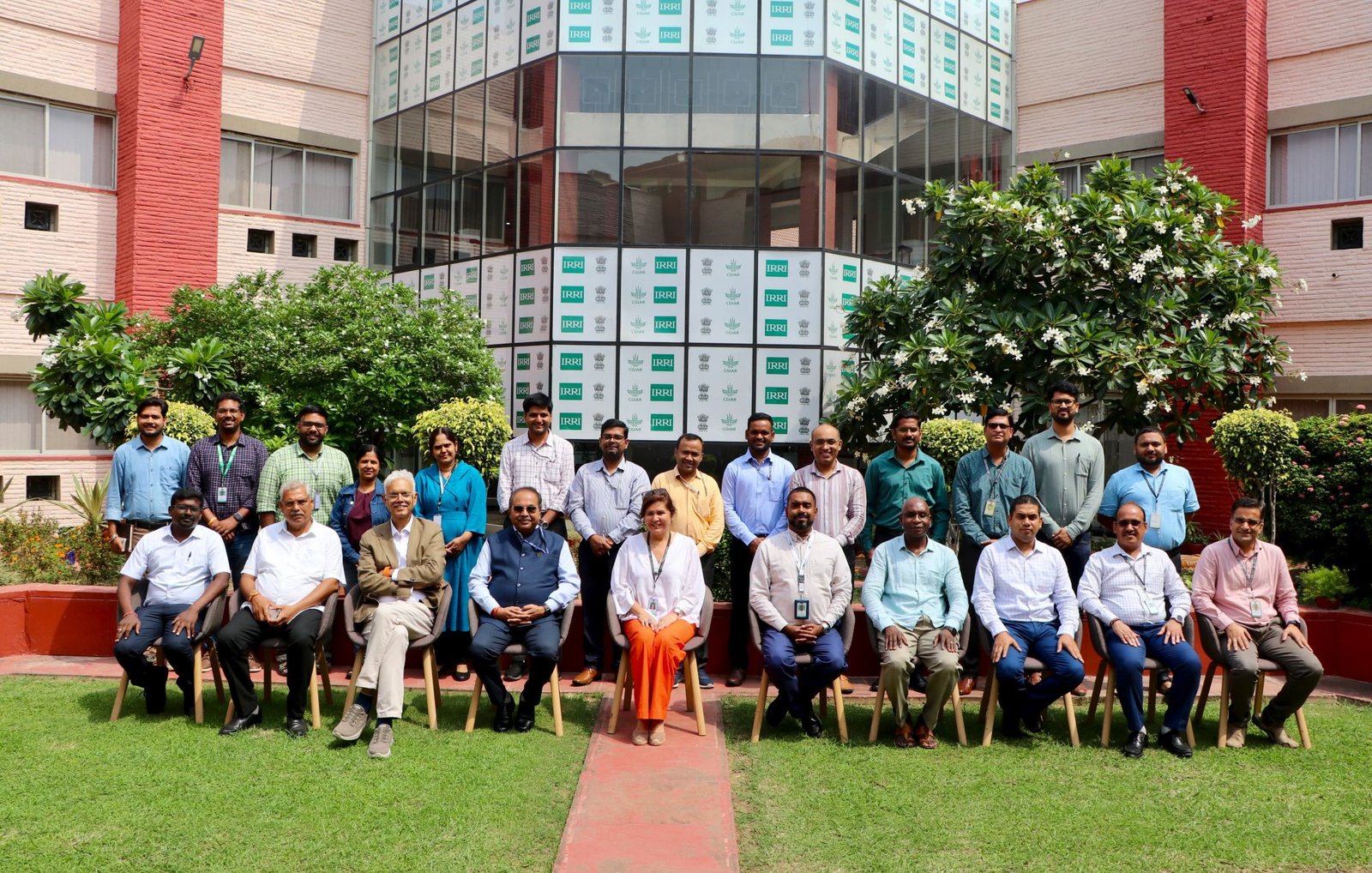Friday, 16 January 2026

The International Rice Research Institute (IRRI) and the Indian Council of Agricultural Research – National Bureau of Agriculturally Important Microorganisms (ICAR–NBAIM) have entered into a strategic Letter of Intent (LoI) to accelerate microbial innovations that will strengthen the resilience and sustainability of rice-based farming systems across South Asia.
Agriculture is increasingly constrained by climate change, declining soil fertility, biodiversity loss, and the mounting environmental footprint of chemical-intensive farming. These pressures are most visible in modern rice systems, where excessive input use, greenhouse gas emissions, and diminishing returns are eroding farmer incomes and threatening long-term productivity. Smallholders, who dominate rice cultivation in South Asia, remain the most vulnerable to these systemic challenges.
Microbial technologies, which harness the power of agriculturally important microorganisms (AIMs), are emerging as one of the most promising, low-cost, and sustainable pathways to restore soil health, recycle nutrients, and build climate-smart farming practices. Through this new collaboration, IRRI and ICAR–NBAIM will pursue joint research to develop microbe-responsive rice varieties capable of maximizing symbiotic benefits from soil microbiota, design microbial residue management strategies that enhance nutrient recycling while reducing environmental harm, and build strong capacity development programs that equip farmers, extension professionals, and local institutions to adopt microbial technologies effectively.
The agreement builds upon the historic ICAR–IRRI Memorandum of Agreement signed in 1974 and the 2023 Collaborative Work Plan, signaling a deeper institutional alignment to advance microbial science for agriculture. A joint working group will oversee implementation, mobilize funding, and guide collaborative proposals to ensure that scientific progress rapidly translates into field-level impact.
As South Asia confronts the urgent task of feeding growing populations while conserving its natural resources, this collaboration is positioned to become a cornerstone in advancing next-generation microbial solutions for sustainable rice systems.